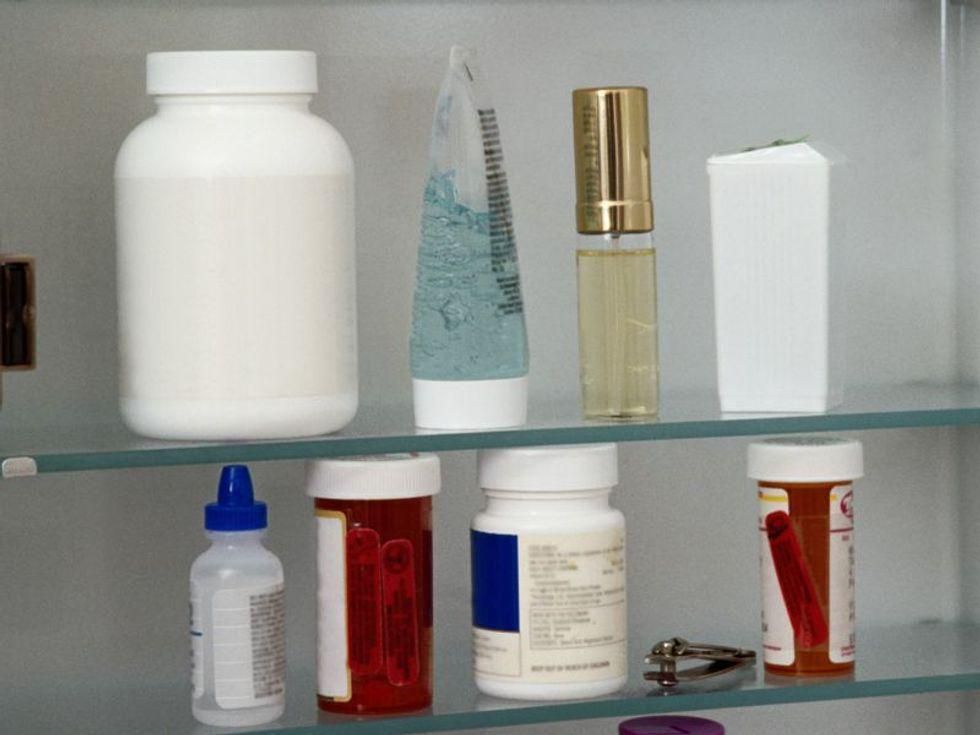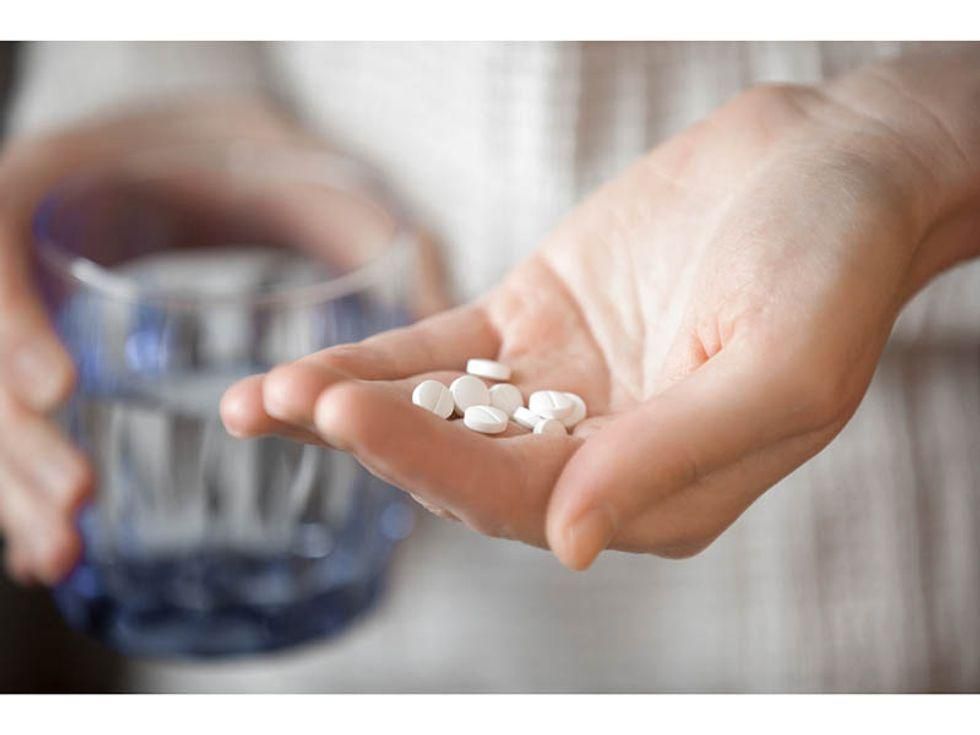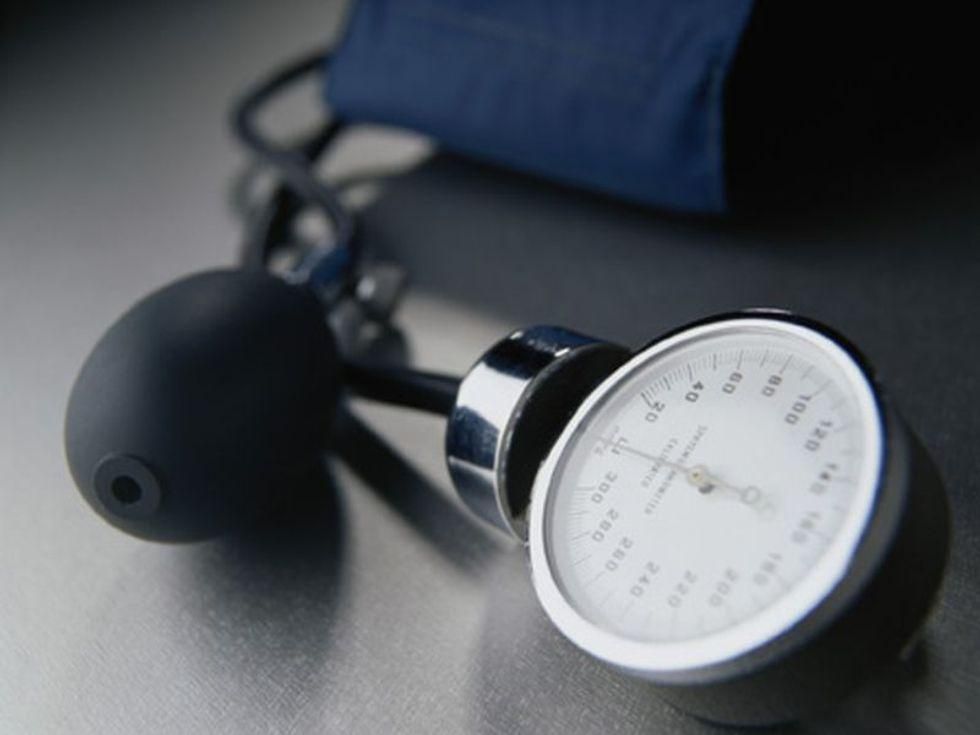
An alliance of leading U.S. cancer centers has updated guidance about COVID-19 vaccine boosters for cancer patients and the people around them. The National Comprehensive Cancer Network’s new recommendations are intended for health care providers. “COVID-19 can be very dangerous, especially for people living with cancer, which is why we’re so grateful for safe and… read on > read on >






























